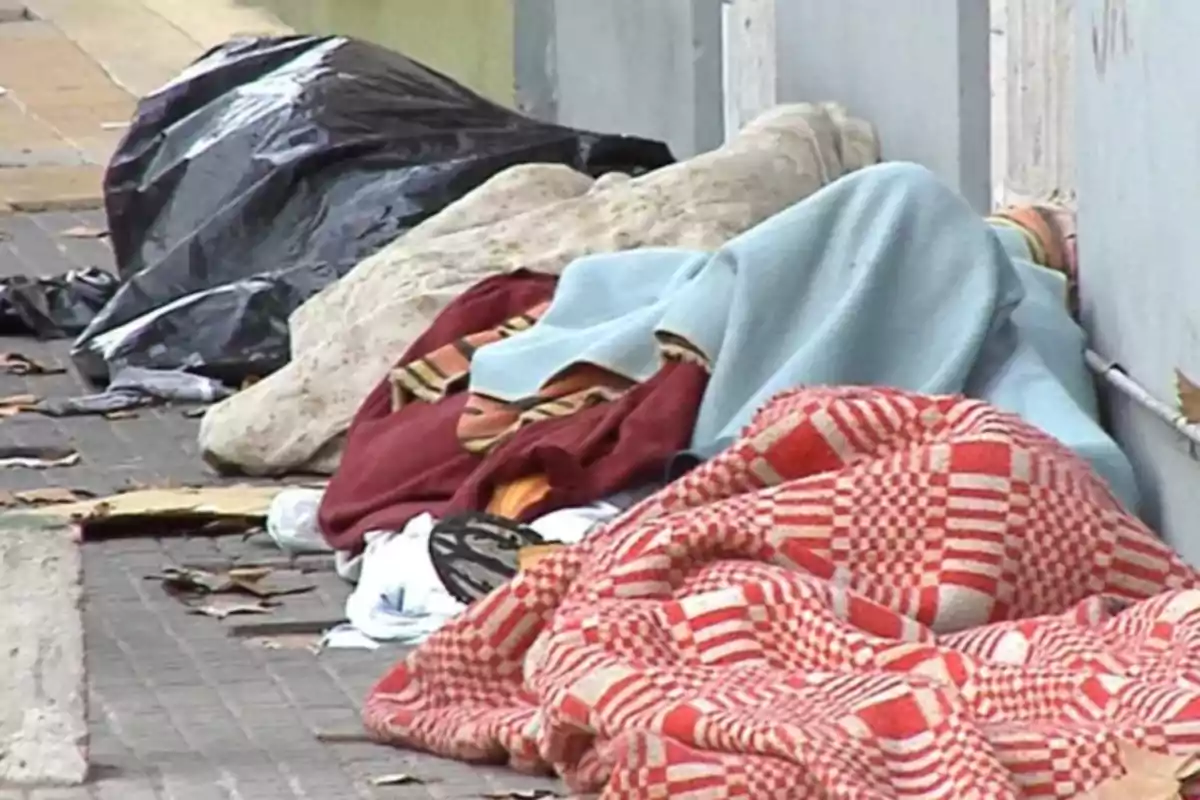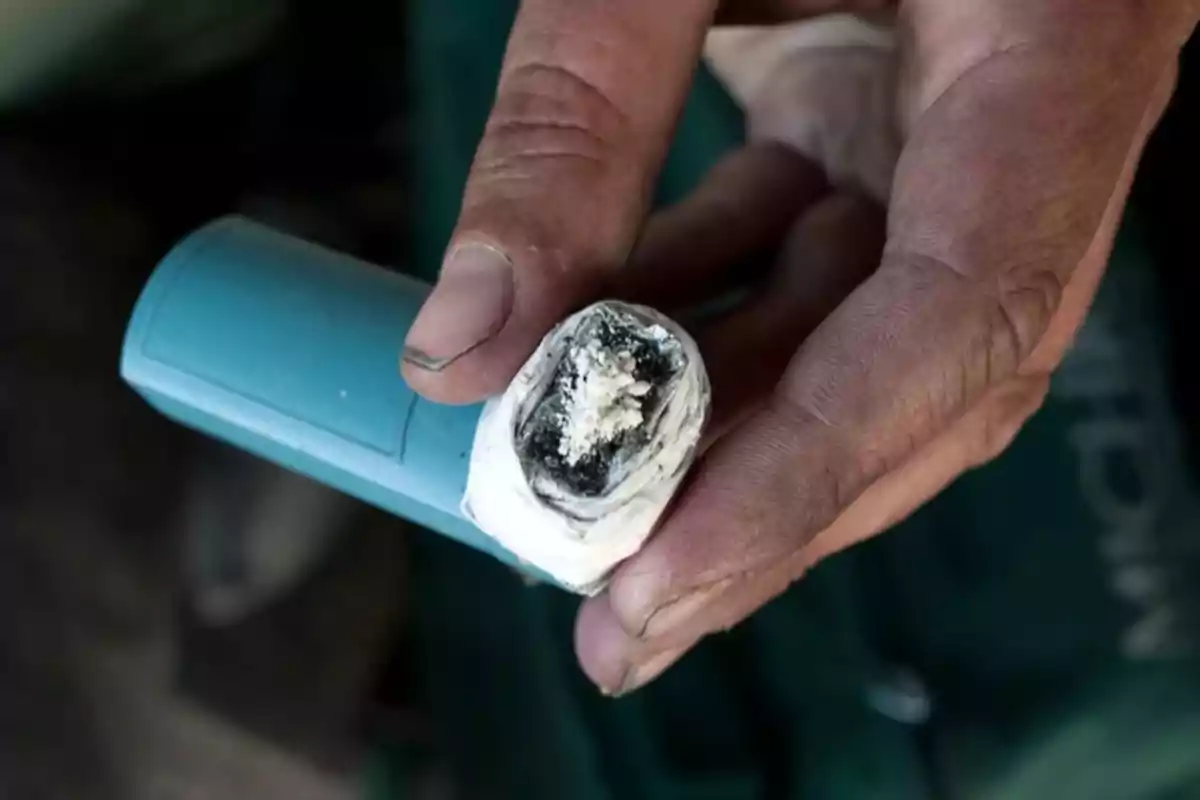
Six homeless men die in Uruguay
The government implements drug policies exclusively for gender-diverse individuals, while there are already six men dead
As is publicly known, Uruguay is a country subordinated to the global agenda that is imposed in an undemocratic manner by the United Nations. Since 2016, under the third consecutive administration of Frente Amplio, Uruguay began to align its public policies, strategic plans, and budgets with the Sustainable Development Goals (SDGs).
This way, the State Secretariats, agencies dependent on the Executive Branch, key coordination offices, departmental and municipal governments, the Legislative Branch, the Judicial Branch, academia, civil society, and the private sector contribute directly to the fulfillment of the 2030 Agenda, abandoning the concrete needs of the majority of the Uruguayan population.
A new discriminatory policy by the government: the "La Tribu" program
The National Drug Board (JND), the governing body of public drug policies in Uruguay, operates under the Presidency of the Republic through the National Drug Secretariat (SND) and coordinates actions with various ministries and state agencies.
It also has a strategic relationship with COPOLAD (Cooperation Program between Latin America, the Caribbean, and the European Union on Drug Policies), an international cooperation instrument that implements public drug policies aligned with international standards and the 2030 Agenda.
Within this framework, on June 20, the document Women and Gender Diversity. Drug Policies from the Community Treatment Perspective was presented, prepared by the National Drug Secretariat with the support of the European Union's COPOLAD III program.

The Uruguayan government presented a pilot case in the municipality of Las Piedras that seeks to address problematic drug use through the community program "La Tribu," specifically designed for women and trans or non-binary people who are homeless and have high levels of base paste consumption. The proposal includes training in the social and solidarity economy, cooperativism, and cultural, educational, and sports activities, with the aim of promoting social inclusion and the development of sustainable life projects.
You may also be interested in this article that explores the hidden past of an emblematic figure of Uruguayan progressivism.
A pamphlet full of nonsense
The public policies being implemented are completely disconnected from national reality because, first of all, the majority of the addicted population in Uruguay is male and lives on the street or in shelters.
This is demonstrated by the report published by the National Drug Board of the Presidency, the Uruguayan Drug Observatory, and the Faculty of Humanities and Education Sciences of the University of the Republic titled People, Street, Consumption: Two Studies on Base Paste Use in Uruguay (2019).
According to the results of the study, the population that suffers the most problems with base paste addiction in Uruguay lives on the street or in shelters and is clearly male: "it should be noted that this is a population in which men predominate (86.3%), with women making up a small group (13.7%) of the total."
Meanwhile, the results of the 2023 Census—the first time non-binary and trans identities were included as variables, thanks to the Comprehensive Law for Trans People (Law 19.684)—showed that 99% of the Uruguayan population identifies with their biological sex and only 0.02% identify as trans or non-binary.
With this information, how is it possible to design, develop, and implement public drug policies specifically aimed at women and gender-diverse people when the addicted population is mostly male? (86.3%) and "gender-diverse" people make up 0.02% of the country's population.

Simply by observing reality, it is possible to realize that the majority of people living on the street are men and suffer from serious addiction problems.
You may also be interested in this analysis on the aesthetics and empty rhetoric of contemporary social democracy.
However, the seriousness of the matter is not limited to woke delusion. It is an immorality and a terrible lack of respect for the government to present a gender perspective public policy to address problematic drug use when, to date, six men who lived on the street and probably had addiction problems have died.
This is a new example that shows that the loss of a country's sovereignty implies the loss of freedom to implement public policies in line with the urgent and specific needs of its population. This is further evidence that adhering to globalism means completely abandoning common sense.
More posts: